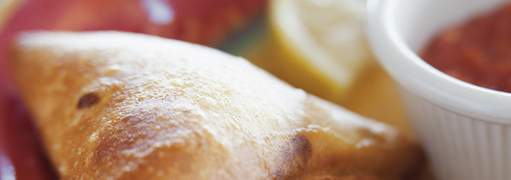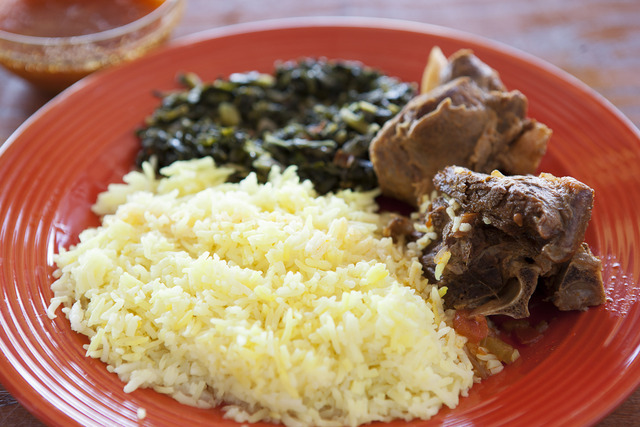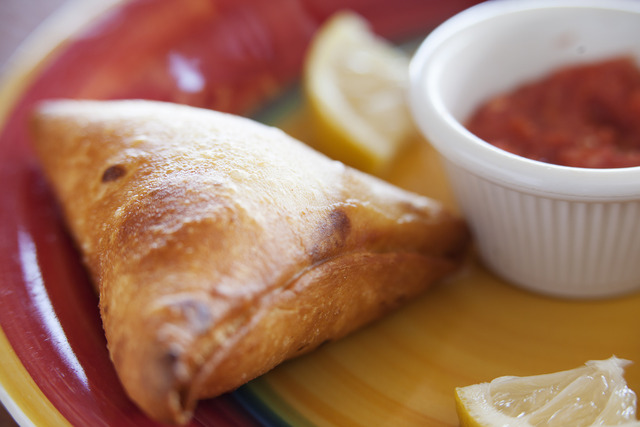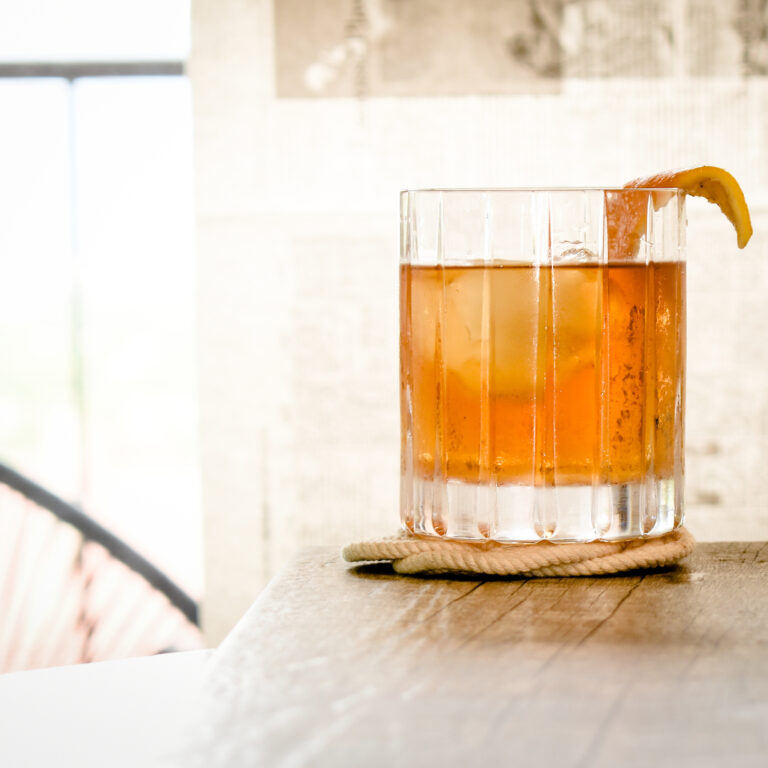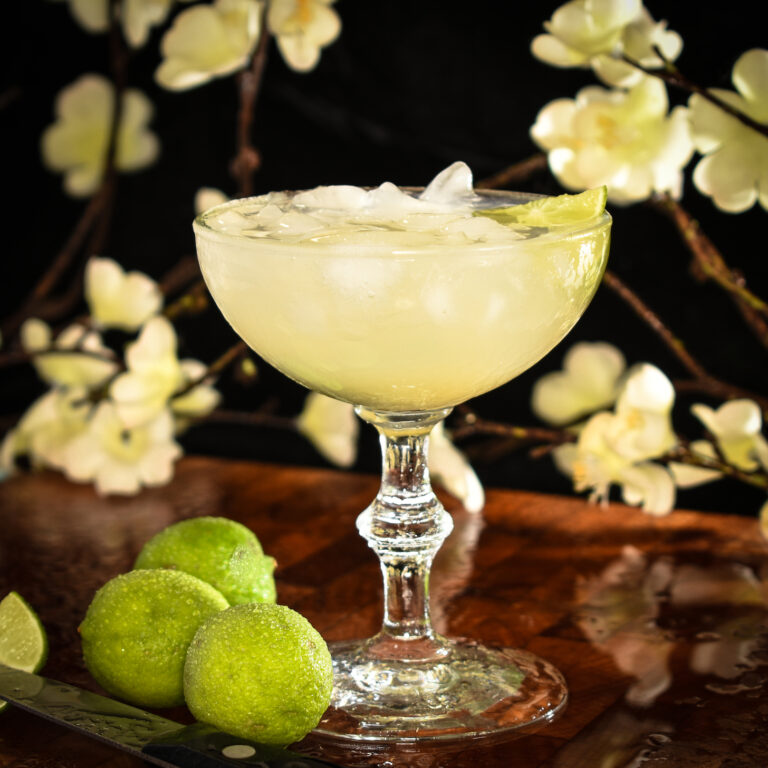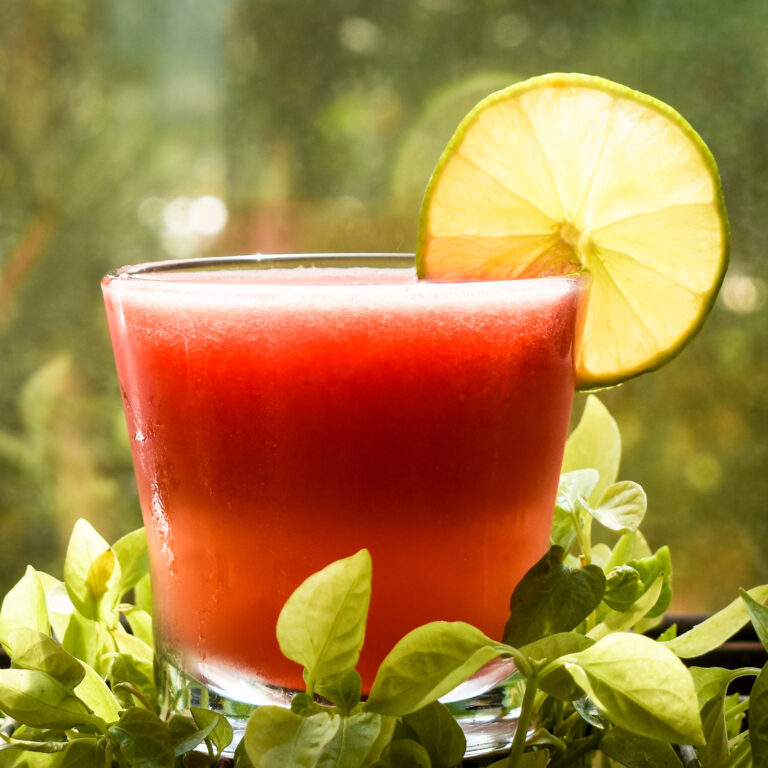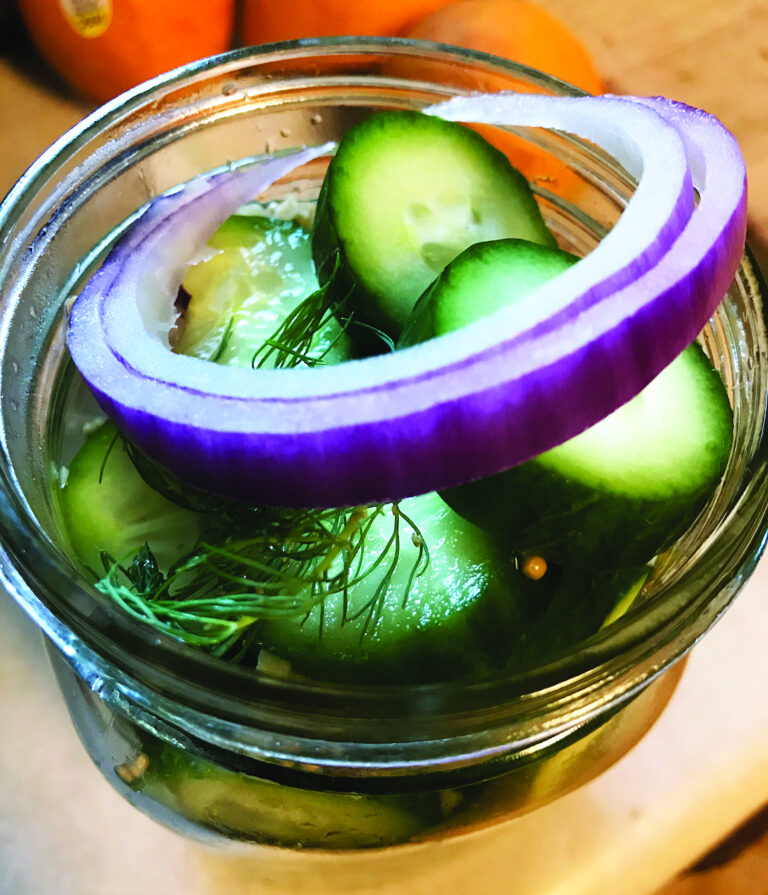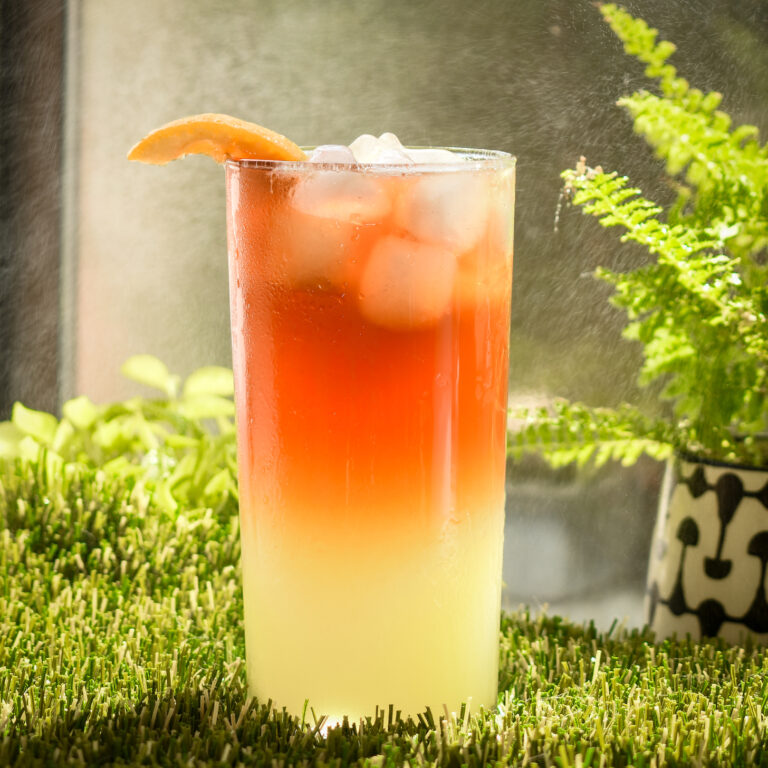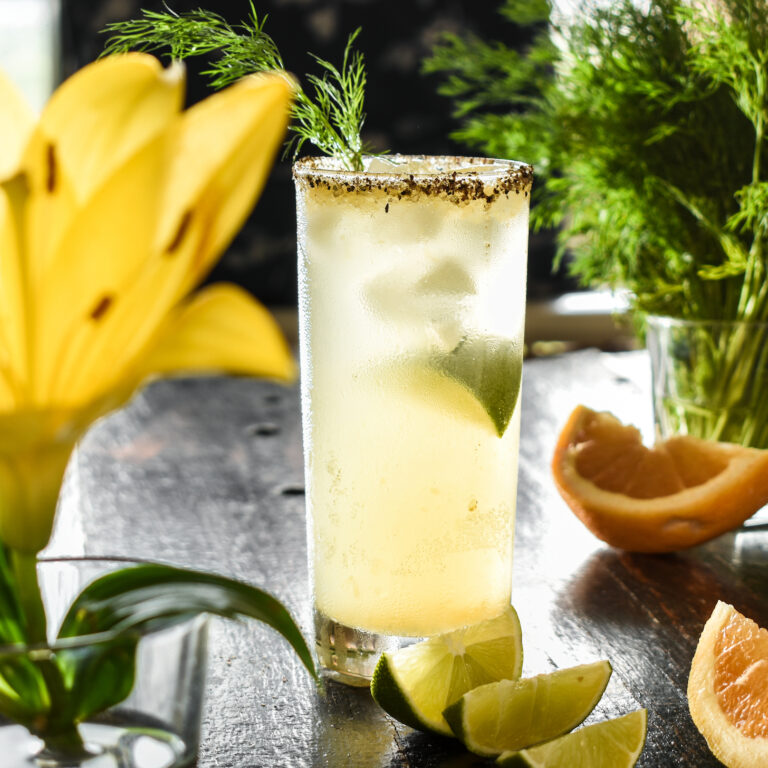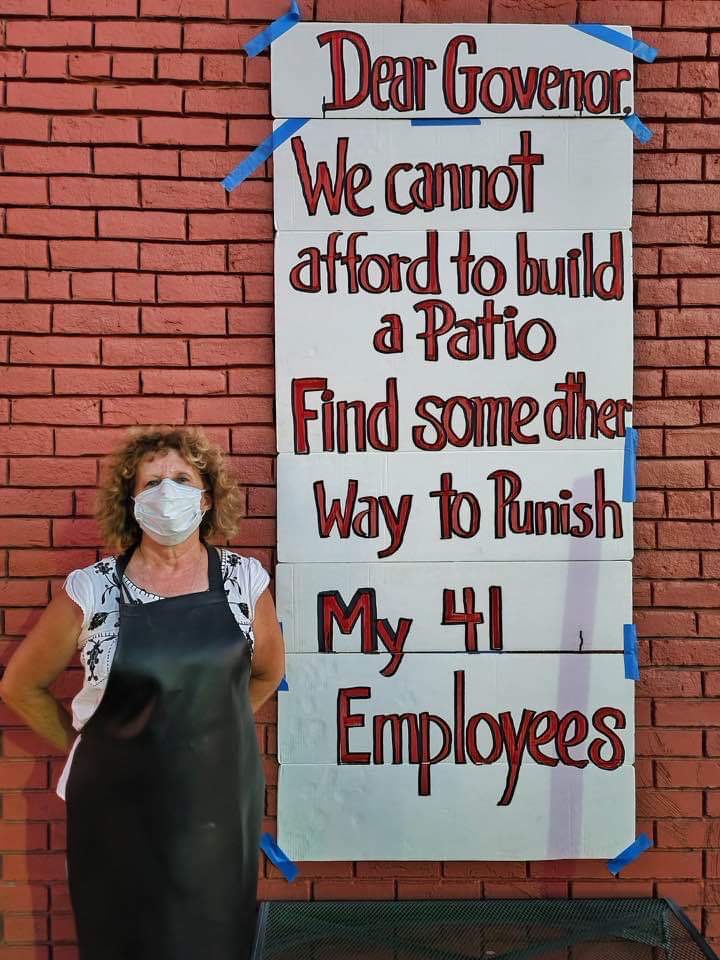We have been praying to the gods for years now to bestow an Ethiopian restaurant upon Albuquerque. They have answered us the way gods often do, giving us something slightly askance of our specifications to both confound and surprise us. What did we get? Rafiki Café. The only authentic Kenyan restaurant in the state. What will you get out of it? Probably what you take in with you.This is not an Americanized restaurant, not the food, presentation or service. This is an African joint through and through. Sometimes menu items (presented only on a dry erase board until the owner solidifies the line-up) aren’t available, and sometimes the food takes a while to arrive. It’s breezy, painted in coffee and earth tones,printed fabric kangas hanging in the windows. You get a sense of lazing around under cooling ceiling fans in the indolent, Africanized heat. If you’ve come for a brisk dinner before catching the 8:10 movie, you’re screwed. On the other hand, if you have spent any significant amount of time in an African country, particularly Kenya, this place is nostalgic bliss.Unfamiliar with Kenyan food, I invited a friend along who had lived in Naivasha, Kenya, an upcountry town flush with flower farms, for two years. She explained to me that Rafiki’s menu is authentic upcountry Kenyan, as opposed to coastal cuisine which bears more of an Arab influence, a kind of Arab/Bantu mélange.Together we worked our way through much of the menu and talked to the affable owner and chef Gladys Robinson. I’m going to outline the menu here from most palatable for virgin tongues to the most foreign.Starting with: sambusas ($3 for 2), the Kenyan offshoot of the samosa. This fried pocket of light, crisp and flaky dough is filled with ground beef, curry, peas and carrots, and served with lemon sections and tomato-based chili sauce. The handmade chapati flatbread is also a crowd-pleaser—blistered, chewy and elastic. My friend who has eaten hundreds of Kenyan chapatis says these are primo.Order with a bowl of ndengu ($9.95), a lentil stew that Gladys has managed to imbue with a sublime complexity of flavor comparable to roasted coffee, or maharage ya nazi ($9.95), kidney beans in coconut cream. (Yes, it turns out nazi means coconut in Swahili, a rather humiliating fun fact for a certain national socialist party.)All of the meat dishes come with some combination of pilau (basmati rice with peas, cloves, cardamom and cinnamon), flavorful sukuma wiki (cooked kale), lightly cooked cabbage and ugali (described below). Both of the chicken dishes I tried were perfectly cooked and rich in earthy, east African flavors. The chicken curry ($13) is more costly than some other menu items due to the tedium of grinding its particular mix of spices by hand.The baked chicken topped with roasted onions and tomatoes ($12.95) was also a deeply savory, moist dish. Nothing to ruffle a novice there. The tilapia ($12.50) presented in a bowl of a rich butterscotch-colored coconut sauce, however, comes on the bone.Now onto the more exotic, distinctly African items: ugali and goat stew ($14.50). Ugali is the belly-filler staple of Kenya. It looks like a slab of dried mashed potatoes, but potatoes it ain’t. Thick as mortar, this near flavorless cornmeal mush should be pinched off with your right hand, rolled into a small ball and flattened into a concave spoon shape to scoop up rich sauces and other foods. Yes, you fuddy duddies, you can eat with your hands!The goat stew tops the foreign palate index. What you have is goat meat on the bone, surrounded by a rust colored broth crackling with oil. If this is your first brush with goat, be forewarned: It is an intense and unctuous dish—flavors of dirt roads, fields and stables.Eventually, when the liquor license clears, you will be able to order Tusker lager, the national beer imported from Kenya. For now you’ll have to drug your sweet tooth instead with fruit juices or chai.I’ve heard various people express disappointment with Rafiki because of poor service. My experience was slow service, yes, but not poor service. When our server forgot the hot sauce for the sambusas, Gladys brought us a fresh pair free. She was extremely attentive, even though tired on her feet as the sole cook.The word "rafiki” means friend in Swahili. After eating there three times, I found it’s not one of those self-deluded names you roll your eyes at like Wienerschnitzel (“A hot dog is not wiener schnitzel!” I’ll always remember my German friend screaming). Show interest in Kenyan culture and cuisine at Rafiki and you are treated like a friend rather than a customer.If you happen to be one of those people who pine for Kenya, the next best thing might be to box up a feast from Rafiki and head to the high desert between Albuquerque and Santa Fe. Gladys says that stretch of land always reminds her of home.
Rafiki Cafe4300 Lomas NE503-1906Hours: 11:30am to 9pm, Tuesday through SaturdayClosed Sunday and MondayVibe: Relaxed. Seriously, relax.Price Range: $10-$14Vegetarian Options: YesThe Alibi Recommends: Sambusas, ndengu, maharei ya nazi, vegetarian sampler
